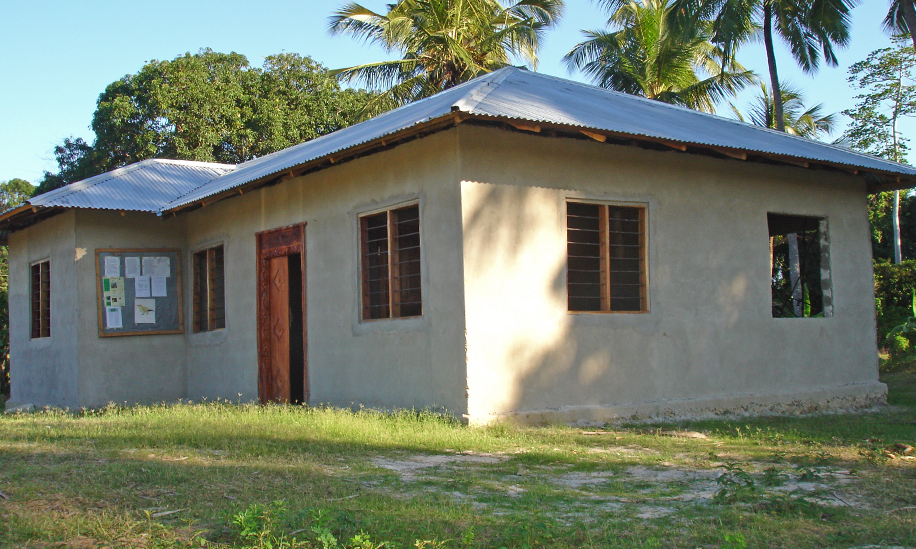The island of Pemba is part of the Zanzibar archipelago, 30 miles off the east coast of Tanzania. The island is famous for its rare endemic species, including the Pemba flying fox. These large fruit-eating bats prefer to roost in primary forest habitats; the rapid loss of this habitat, and hunting, have caused the species to become endangered. Only two sizable chunks of natural undisturbed forest remain on the island. These forests are legally protected and are under the management of the Department of Commercial Crops, Fruits and Forests (DCCFF).
The rapid decline of the Pemba flying fox prompted Fauna & Flora International, in partnership with DCCFF, to begin awareness and monitoring campaigns with local communities. The organizations wish to link conservation and community livelihoods by implementing a tourism plan. They will work with the active community-based Pemba Flying Fox Associations of Ole Mjini (in the northeast of the island) and Kojani (a smaller island to the east of Pemba Island). The Seacology grant will help promote ecotourism by funding visitor centers, toilets, water systems, trails, interpretive materials, and marketing materials.




